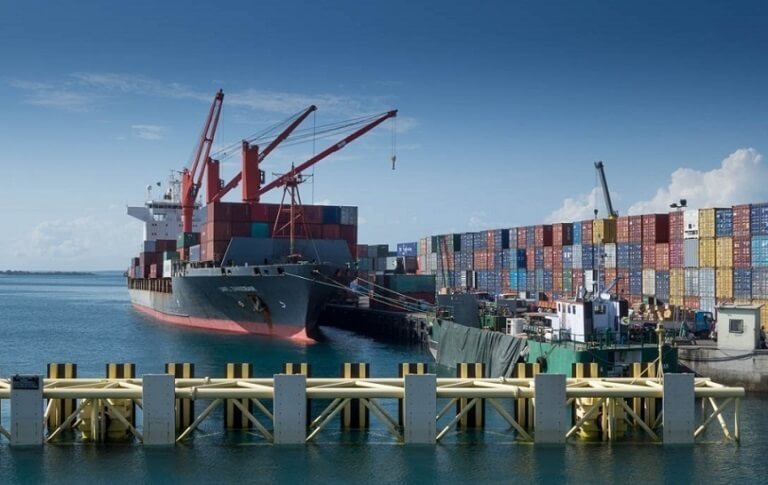|
LISTEN TO THIS THE AFRICANA VOICE ARTICLE NOW
Getting your Trinity Audio player ready...
|
Tanzania on Wednesday, April 23, 2025, implemented an immediate ban on all agricultural imports from Malawi and South Africa, effective from midnight, escalating a growing trade dispute within the Southern African region.
The decision by Tanzania is a direct response to existing trade restrictions imposed by both South Africa and Malawi on Tanzanian agricultural exports. South Africa has for several years prohibited the import of bananas from Tanzania. More recently, last month, Malawi implemented a ban on a range of agricultural products originating from its northern neighbor, including flour, rice, ginger, bananas, and maize.
Confirming the import ban on Wednesday, Tanzania’s Agriculture Minister Hussein Bashe stated, “We are taking this step to protect our business interests… in business, we must all respect each other.” Bashe acknowledged unsuccessful prior diplomatic efforts but said that fresh talks aimed at resolving the trade impasse were underway.
The immediate impact of Tanzania’s ban will be felt by South African exporters of various fruits, notably apples and grapes, who have traditionally accessed the Tanzanian market. However, the implications are particularly significant for landlocked Malawi. The nation relies heavily on Tanzanian ports, especially Dar es Salaam, for the transit of its key exports such as tobacco, sugar, and soybeans to international markets, as well as for essential imports like fuel and machinery. The import ban now threatens to disrupt these vital trade routes, potentially forcing Malawi to seek more costly alternatives through Mozambican ports like Beira and Nacala.
Malawi’s Trade Minister, Vitumbiko Mumba, previously explained that their import restrictions, announced in March and covering goods from all countries, were a “strategic move to create an environment where local businesses can thrive without the immediate pressure of foreign competition.” The Malawian government intended the measures to be temporary, aimed at protecting domestic producers.
However, Tanzania’s Agriculture Minister Bashe characterized Malawi’s actions as having “directly affected” Tanzanian traders, describing the restrictions as “unfair and harmful.” In announcing the retaliatory import ban, Minister Bashe sought to assure Tanzanians that the measure would not compromise national food security. “No Tanzanian will die from a lack of South African grapes or apples,” he said, adding, “we are taking these actions to protect Tanzanian interests.” As of Thursday morning, neither South Africa nor Malawi had issued an official response to Tanzania’s import ban.
According to the local media reports, the Kasumulu border crossing, the primary conduit for trade between Tanzania and Malawi, the impact of the ban was evident. Only a limited number of lorries, primarily transporting fuel, were observed on the Tanzanian side. Drivers reported that on a typical day, over 15 lorries carrying agricultural produce would cross the frontier. On the Malawian side, numerous lorries intended to transport goods such as bananas and tomatoes through Tanzania remained parked and empty.
Trade flows between the three Southern African Development Community (Sadc) member states had already been experiencing disruptions in the preceding week. Over the weekend, Minister Bashe posted a social media video depicting a consignment of rotten bananas in a truck stranded at the Malawian border. Separate reports indicated that significant quantities of Tanzanian tomatoes had also spoiled at the border due to denied entry into Malawi.
Official Tanzanian trade data reveals the increasing importance of the Malawian market, with exports to the country having tripled between 2018 and 2023. While Tanzania may explore alternative export markets in countries like Kenya, Namibia, and South Sudan, Malawi faces potentially greater logistical challenges in rerouting its exports, given its reliance on Tanzanian infrastructure.
Minister Bashe maintained that the import ban was not intended to instigate a trade war but was a necessary step to safeguard Tanzania’s economic interests. “Tanzania will not continue to allow unequal market access to persist at the expense of its people,” he stated. Regional observers are closely monitoring diplomatic efforts to de-escalate the growing trade tensions.










LEAVE A COMMENT
You must be logged in to post a comment.